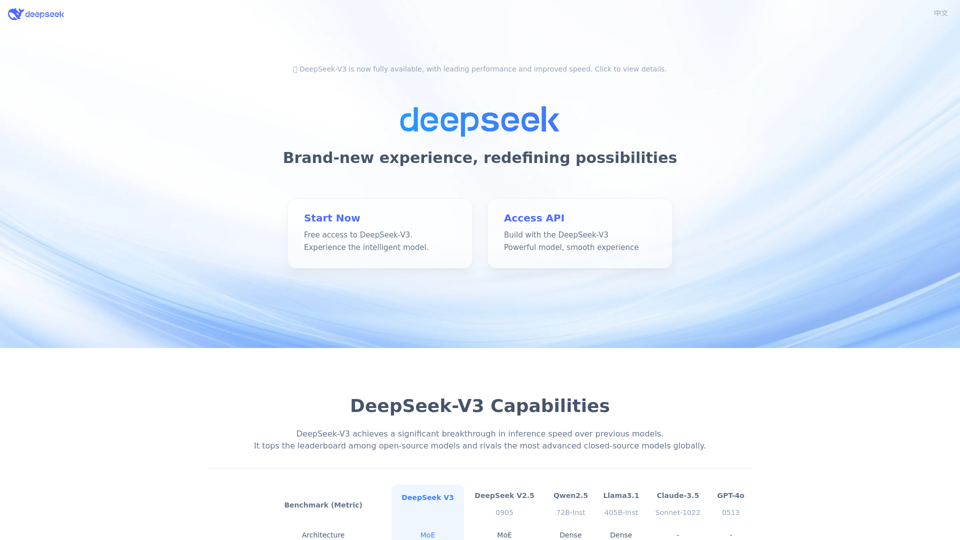What's an AI Knowledge Base?
An AI knowledge base is a centralized system that utilizes artificial intelligence (AI) and machine learning (ML) to manage, organize, and retrieve information efficiently. It enhances traditional knowledge bases by automating the processes of content creation, updating, and organization, thereby improving customer support and user experience.
Key Components:
- Natural Language Processing (NLP): Enables the system to understand and interpret human language, enhancing the accuracy of responses.
- Machine Learning Algorithms: Continuously learn from data inputs and user interactions to improve the relevance and accuracy of information retrieval.
Benefits of an AI Knowledge Base
Implementing an AI-powered knowledge base offers numerous advantages that can significantly enhance customer service and operational efficiency.
Improved Customer Experience
- Self-Service Empowerment: Customers can find solutions independently through intuitive search capabilities and AI-driven recommendations.
- Consistent Customer Experience: Ensures accurate and cohesive information across all customer touchpoints, building trust and loyalty.
Operational Efficiency
- Reduced Operational Costs: Decreases the need for extensive support teams by handling inquiries efficiently through self-service.
- Accelerated Onboarding and Training: Provides up-to-date resources for new agents, streamlining the training process.
Content Management
- Boosts Content Quality: AI identifies content gaps and suggests new topics, ensuring the knowledge base remains relevant and comprehensive.
- Streamlines Content Creation: Automates the generation of content, improving the speed and ease of producing high-quality articles and guides.
How to Use an AI Knowledge Base
Choosing and implementing an AI knowledge base involves several critical steps to ensure it meets your organization's needs.
1. Define Goals and Scope
- Establish clear objectives and the scope of your AI knowledge base, such as customer self-service or internal knowledge sharing.
2. Select the Right Software
- Evaluate AI-powered knowledge base software based on features, integrations, scalability, and cost-effectiveness.
3. Gather and Preprocess Data
- Collect and organize relevant data, ensuring it is structured and high-quality for AI analysis.
4. Implement AI Models
- Integrate NLP and ML technologies to enhance the functionality of your knowledge base, allowing for more accurate and personalized information retrieval.
5. Monitor and Improve
- Continuously track the performance of your AI knowledge base and gather user feedback to refine and enhance the system’s capabilities.
By leveraging the power of AI, businesses can transform their knowledge management systems into dynamic and interactive platforms that significantly improve customer satisfaction and operational efficiency.
